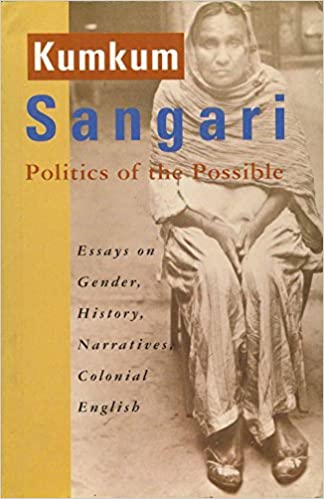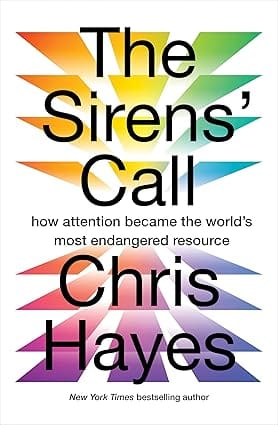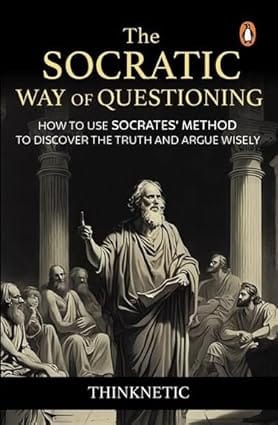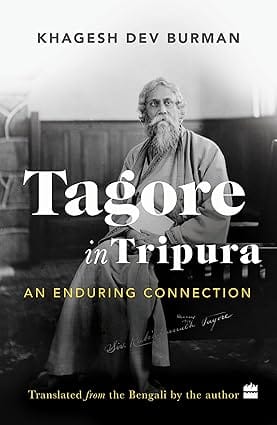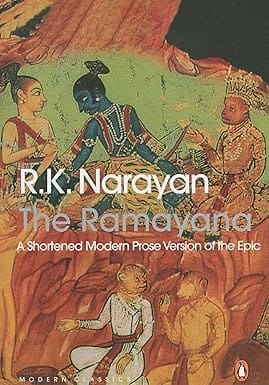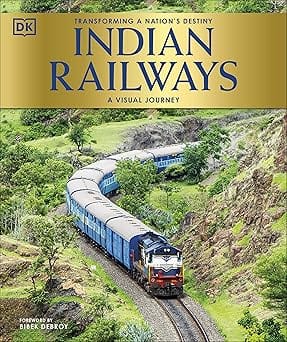WELCOME TO MIDLAND BOOK SHOP!
SHOP FOR
-
Contemporary Fiction
- Contemporary Fiction
-
Children
- Children
-
Comics & Graphic Novels
- Comics & Graphic Novels
-
Non-Fiction
- Non-Fiction
-
Fiction
- Fiction
Shop No.20, Aurobindo Palace Market, Hauz Khas, Near Church +91 9818282497 | 011 26867121
110016
New Delhi
IN
Midland The Book Shop ™
Shop No.20, Aurobindo Palace Market, Hauz Khas, Near Church +91 9818282497 | 011 26867121
New Delhi,
IN
+919871604786
https://www.midlandbookshop.com/s/607fe93d7eafcac1f2c73ea4/677cda367903fd013d69b606/without-tag-line-480x480.png"
[email protected]
9788185229454
620ba69f87903a619f98cb67
Politics Of The Possible Essays On Gender History Narratives Colonial English
https://www.midlandbookshop.com/s/607fe93d7eafcac1f2c73ea4/620ba6a087903a619f98cb90/517rb5r2mml-_sx322_bo1-204-203-200_.jpg
9788185229454
This collection of essays covers a broad range of disciplines to produce a work that rethinks relationships and divisions in gender, geography, class relations, culture, and much more to create a true 'politics of the possible.' Broadly emphasizing forms, ideologies, and class relations, Sangari's essays crisscross and cohere around several themes: the politics of social location and the connection between local, metropolitan and colonial geographies as they bear on debates about the nature of knowledge; the transnational and regional production of ideologies such as altruism under the aegis of colonialism; ways of theorizing women's labor, literacy, and consent to patriarchal arrangements and dominant ideologies. Sangari's analysis of Indian English and the relationships between 'literature' and the nonliterary change, the way we consider the divisions between the metropolitan and the subcontinental. In her discussion of capitalism and colonialism, her egalitarian feminist viewpoint opens up and questions issues of cultural autonomy and hybridity. She also critiques the impact of race, caste, class, religion, and misogyny on patriarchal ideology and its effect on women. The 'politics of the possible' mapped by these essays presents itself in several areas: as a more sensitive feminist historiography; as the social potential for secular activity in seemingly impossible situations; in the historical possibilities that were offered by situations not doomed to inevitable outcomes; and as the elements of resistance produced by the contradictions of different structures of oppression.
About the Author
Kumkum Sangari is William F. Vilas Research Professor of English and the Humanities at the University of Wisconsin-Milwaukee.
out of stock
INR
600
1
1
Email ID already exists!
Your Current password is incorrect
Password Updated Successfully
Thanks for your Feedback
Politics Of The Possible Essays On Gender History Narratives Colonial English
ISBN:
9788185229454
₹600
₹750
(20% OFF)
SIZE GUIDE
Back In Stock Shortly - Fill The Book Request Form
Sold By:
Hauz Khas - Aurobindo Market
Details
- ISBN: 9788185229454
- Author: Kumkum Sangari
- Publisher: Tulika Books
- Pages: 556
- Format: Paperback
Book Description
This collection of essays covers a broad range of disciplines to produce a work that rethinks relationships and divisions in gender, geography, class relations, culture, and much more to create a true 'politics of the possible.' Broadly emphasizing forms, ideologies, and class relations, Sangari's essays crisscross and cohere around several themes: the politics of social location and the connection between local, metropolitan and colonial geographies as they bear on debates about the nature of knowledge; the transnational and regional production of ideologies such as altruism under the aegis of colonialism; ways of theorizing women's labor, literacy, and consent to patriarchal arrangements and dominant ideologies. Sangari's analysis of Indian English and the relationships between 'literature' and the nonliterary change, the way we consider the divisions between the metropolitan and the subcontinental. In her discussion of capitalism and colonialism, her egalitarian feminist viewpoint opens up and questions issues of cultural autonomy and hybridity. She also critiques the impact of race, caste, class, religion, and misogyny on patriarchal ideology and its effect on women. The 'politics of the possible' mapped by these essays presents itself in several areas: as a more sensitive feminist historiography; as the social potential for secular activity in seemingly impossible situations; in the historical possibilities that were offered by situations not doomed to inevitable outcomes; and as the elements of resistance produced by the contradictions of different structures of oppression.
About the Author
Kumkum Sangari is William F. Vilas Research Professor of English and the Humanities at the University of Wisconsin-Milwaukee.
User reviews
NEWSLETTER
Subscribe to get Email Updates!
Thanks for subscribing.
Your response has been recorded.

India's Iconic & Independent Book Store offering a vast selection of books across a variety of genres Since 1978.
"We Believe In The Power of Books" Our mission is to make books accessible to everyone, and to cultivate a culture of reading and learning. We strive to provide a wide range of books, from classic literature, sci-fi and fantasy, to graphic novels, biographies and self-help books, so that everyone can find something to read.
Whether you’re looking for your next great read, a gift for someone special, or just browsing, Midland is here to make your book-buying experience easy and enjoyable.
We are shipping pan India and across the world.
For Bulk Order / Corporate Gifting
 +91 9818282497 |
+91 9818282497 |  [email protected]
[email protected]
Click To Know More
INFORMATION
POLICIES
ACCOUNT
QUICK LINKS
ADDRESS
Midland Book Shop - Hauz Khas
Shop No.20, Aurobindo Palace Market, Near Church, New Delhi
Shop No.20, Aurobindo Palace Market, Near Church, New Delhi

